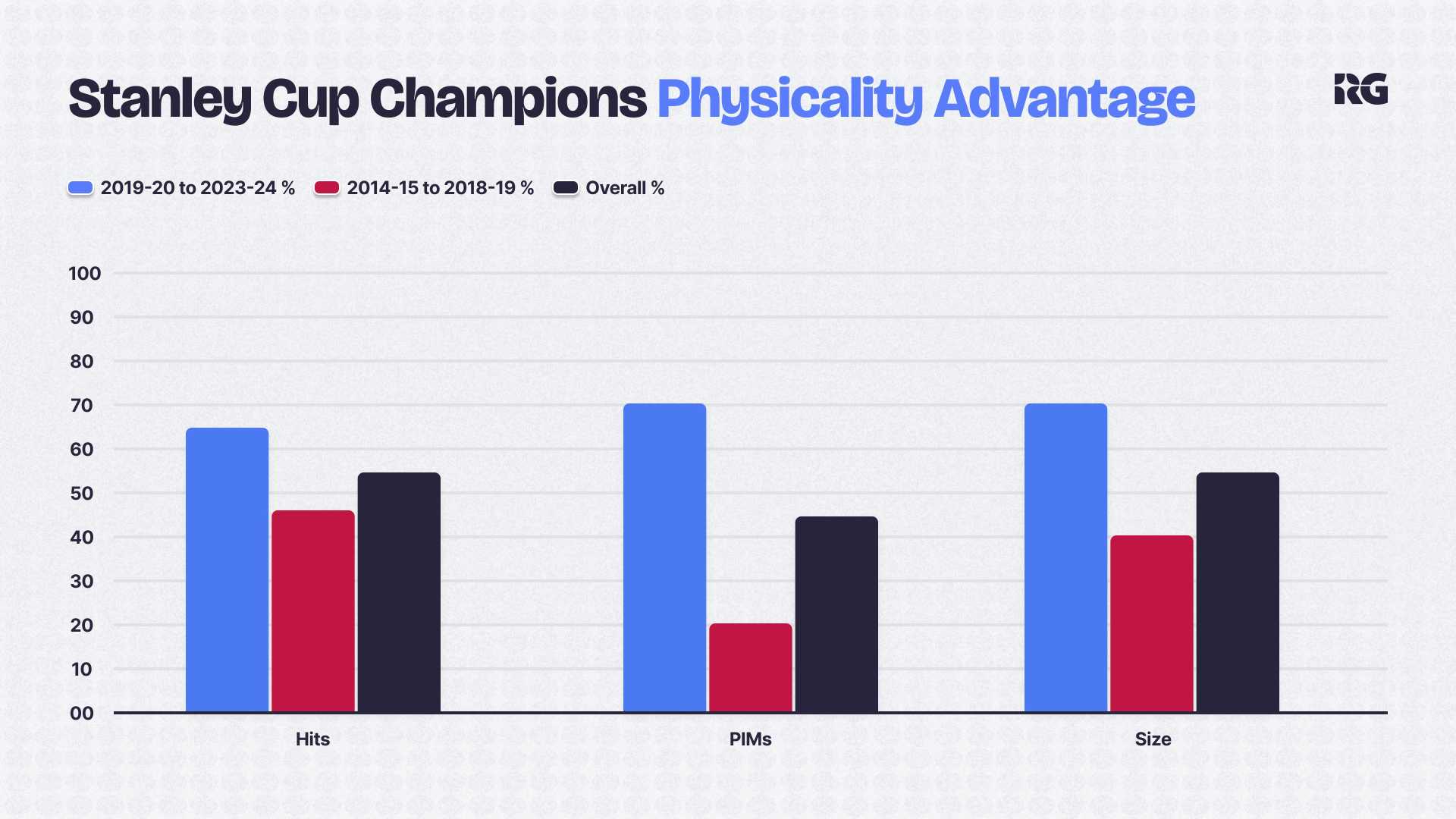Sports
Are NHL Playoffs Losing Their Quality Amidst Increasing Penalties?

NEW YORK, NY — The NHL playoffs have long been celebrated for their intensity and emotion, but concerns are growing about the diminishing quality of play as penalties rise. Many fans passionately believe that no sport matches the excitement of hockey’s postseason, but recent observations indicate that the competitive landscape may be shifting.
Notable sports commentator James Dator from SB Nation highlighted how the Florida Panthers, known for their physical style, successfully navigate the playoff environment. This season, the Panthers accumulated the highest number of penalty minutes per game while also drawing a large number of penalties, showcasing a strategy that some may consider exploitative.
Such tactics have sparked a debate about officiating and the inconsistencies in how rules are applied. Dator pointed out that during the playoffs, the line between acceptable and unacceptable play can fluctuate unpredictably, with referees’ calls affecting a team’s strategy significantly.
Historically, hockey culture has suggested larger teams need to adopt a tougher approach after playoff defeats. Observers now argue that this mindset has fostered a leniency toward rules that once upheld the game’s integrity. As teams like the Panthers push the envelop of physicality, officials often hesitate, leading to frustration and confusion among fans and players alike.
The Panthers, for instance, racked up 117 penalties during the ongoing 2025 NHL playoffs, drawing 110 penalties themselves. This stark number suggests an imbalance in how teams are able to manipulate officiating to their advantage, creating a narrative around their style of play. The Edmonton Oilers illustrate this dynamic, facing challenges as they try to adapt to the more aggressive tactics without incurring penalties themselves.
As teams become more aggressive, younger rosters may suffer more from such loose interpretations of play. The Montreal Canadiens have learned this the hard way, facing disciplinary biases against their less experienced players in heightened gameplay scenarios.
While league officials seem to favor this dramatic style of play, it begs the question of whether such trends will make future playoff hockey far less appealing. With a focus on rivalries and physicality, fans may find that the sport is losing its finesse. Andrew Berkshire, a notable sports analyst, warns that if the NHL continues along this path, hockey could devolve into a less enjoyable spectacle that prioritizes chaos over skill.
As Canada’s hockey landscape evolves, teams like the Canadiens are aware of the need for balance. Talented players who can adapt to both skilled and gritty playstyles are essential for future success. The NHL’s current trajectory raises concerns, but with measured strategies, teams can still navigate these tumultuous waters successfully.












